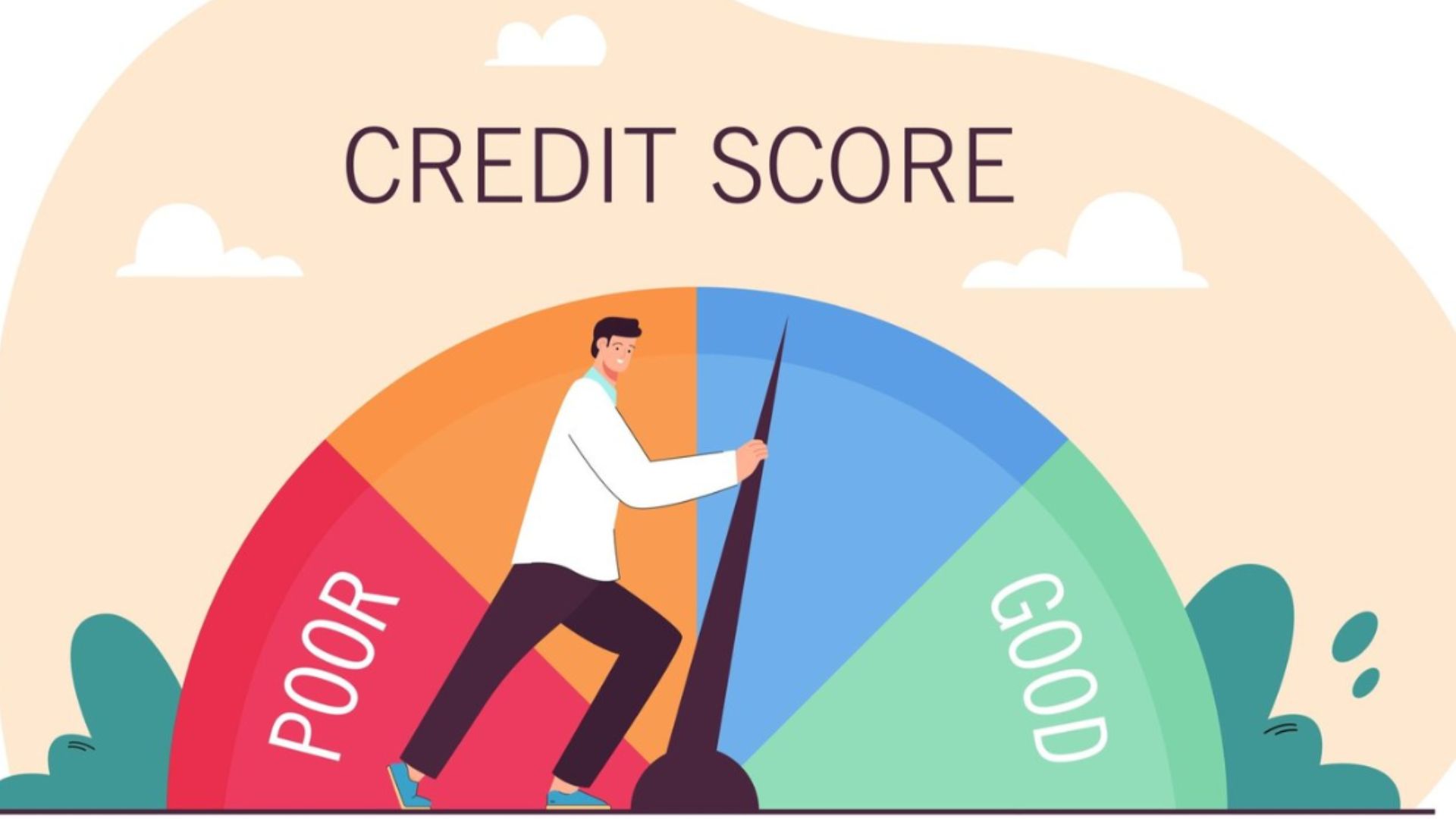

In the intricate tapestry of financial health, cultivating a commendable credit score stands as a pivotal endeavor. Beyond mere qualification for credit cards, a favorable credit standing opens the gateway to the most favorable interest rates across a myriad of credit products.
Contrary to instant gratification, the construction of a robust credit profile demands consistent adherence to responsible credit practices. Timely bill payments and astute debt management become the keystones of this journey.
Director of public education for Experian, Rod Griffin, advocates an early initiation to ensure credit becomes a reliable ally in times of need. The wisdom lies in starting the credit-building journey proactively.
In the realm of credit evaluation, your credit score metamorphoses into a three-digit numerical entity, spanning from 300 to 850. Lenders employ this numeric wizardry to fathom your potential credit risk and financial repayment prowess.
The credit score spectrum, dictated by scoring models (FICO versus VantageScore) and credit bureaus (Experian, Equifax, and TransUnion), paints a nuanced picture. FICO scores, reigning in 90% of lending decisions, delineate the ranges for nuanced comprehension.
The intricate dance of credit scores unfolds through the meticulous consideration of five pivotal factors, as outlined by FICO.
“Maintaining timely payments and minimizing balances are the linchpins in the credit-building endeavor,” emphasizes Griffin. The paramount role of payment history becomes evident as the chief determinant shaping your credit score.
Clearing your bill in its entirety each month is a prudent practice, steering clear of potential late payment penalties, penalty APRs, and interest levies associated with carrying a balance.
“If your balances surge over time, your credit scores will bear the brunt. The utilization rate, or the balance-to-limit ratio, holds the second most significant sway over scores, following closely behind payment history,” elucidates Griffin.
To gauge your utilization rate, aggregate the balances across all credit cards and divide by the sum of your credit limits.
“More does not necessarily translate to better outcomes in credit building,” cautions Griffin. Opening multiple accounts concurrently can project an elevated risk profile to lenders, casting a shadow on your credit scores.
Credit cards are not the exclusive avenue for cultivating credit. Griffin emphasizes the need for responsible management of personal loans, student loans, auto loans, or mortgages.
For those encountering hurdles in securing a conventional credit card, secured cards offer a viable alternative. Tailored for individuals seeking to establish or rebuild credit, secured cards mirror unsecured counterparts.
An alternative avenue involves seeking authorization from a family member or close associate to be added as an authorized user on their credit card account. This low-risk strategy allows you to leverage another’s credit history without shouldering bill payment responsibilities.
For those averse to credit cards, avenues such as Experian Boost™ provide a viable alternative. By accrediting timely payments for monthly utilities, cell phone bills, and streaming services, individuals witness an immediate credit score boost.
In navigating the intricate landscape of credit building, the amalgamation of strategic credit management, judicious utilization, and alternative credit avenues emerges as a comprehensive approach. Embarking on this journey armed with knowledge and prudence ensures a steady ascent toward an enviable credit standing.